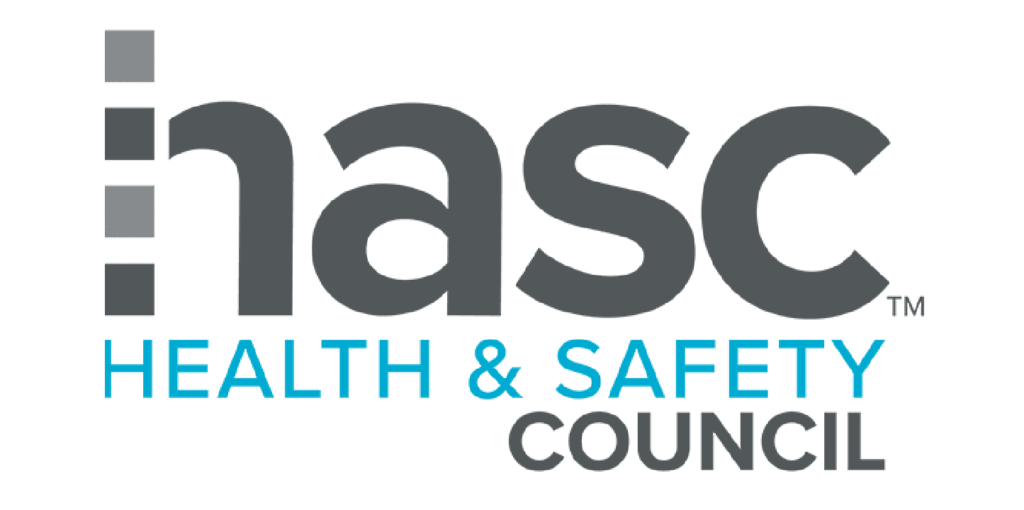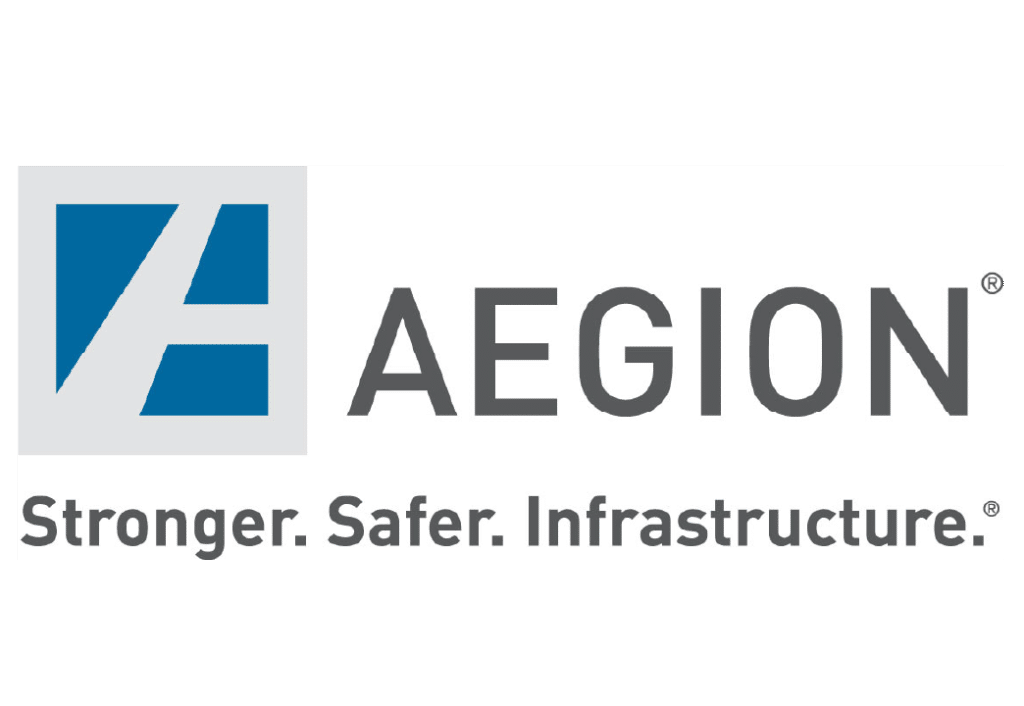
Maritime Security Awareness
e-Learning Training Course
The MSA e-Learning Course covers the training requirements of 33 CFR Subchapter H, Parts 104.225 and 105.215, as well as ISPS Code, Parts B13.4 and B18.3. It is offered to all facility personnel and seafarers, including contractors. MSA also addresses training requirements found in MTSA Section 109(b)(2), the SAFE Port Act of 2006 Section 113(b)(4)(A-J), and STCW 78, as amended, Regulation VI/6 and Code section VI/6 and table VI/6-1.
Compliance and Certification
MSA is based on the Guidelines for Maritime Security Training Providers and meets the content requirements set forth by IMO Model Courses 3.27 (2012) and 3.25 (2011), as well as the U.S. Coast Guard content requirements set forth in Model Course MTSA 04-03. This course complies with the following standards and training requirements:
- U.S. Maritime Administration, Guidelines for Maritime Security Training Course Providers
- Regulation 13.4 (Part B) and 18.3 (Part B) of the International Ship and Port Facility Security (ISPS) Code
- Model Course MTSA 04-03, Maritime Security Awareness (2004 edition)
- IMO Model Course 3.25, Security Awareness Training for all Port Facility Personnel (2011 edition)
- IMO Model Course 3.27 Security Awareness Training for all Seafarers (2012 edition)
- STCW Convention 1978, as amended, Regulation VI/6 and STCW Code Section A-VI/6
We can register all your facility personnel and seafarers at one time. Click the button below to contact us for more information.

Over 100,000 Trained.
MARSEC Training was the first company approved for MSA e-learning. MARSEC Training has trained over 100,000 facility personnel and seafarers on Maritime Security Awareness since 2005, including hundreds of incoming freshmen at the U.S. Merchant Marine Academy.
Course Competencies
Facility personnel and seafarers will receive training in the following areas:
- The meaning and the consequential requirements of the different maritime security (or MARSEC) levels
- Knowledge of emergency procedures and contingency plans
- Recognition and detection of weapons, dangerous substances, and devices
- Recognition, on a non-discriminatory basis, of characteristics and behavioral patterns of persons who are likely to threaten security
- Techniques used to circumvent security measures
- Knowledge of Transportation Worker Identification Credential (or TWIC) requirements
- Knowledge of the security-related provisions of the Manilla Amendments of the Standards of Training, Certification and Watchkeeping (or STCW)
- Knowledge of port security topics required by the Security and Accountability for Every (or SAFE) Port Act of 2006
- Knowledge of U.S. Coast Guard and IMO guidance on preventing and suppressing acts of piracy and armed robbery against vessels
- And knowledge of the reporting requirements in case of a security incident
Course Agenda
The MSA course is divided into 11 chapters plus one final exam.
- Introduction to Maritime Security
- Conventions, Codes and Regulations
- Definitions
- Maritime Security Levels
- Security Responsibilities
- Current Security Threats and Patterns
- Conventional Weapons and Explosives
- Weapons of Mass Destruction
- Suspicious Persons and Behaviors
- Piracy and Armed Robbery
- Security Circumvention and Contingency Plans
- Final Exam
Some of Our Customers


Transocean Company Logo
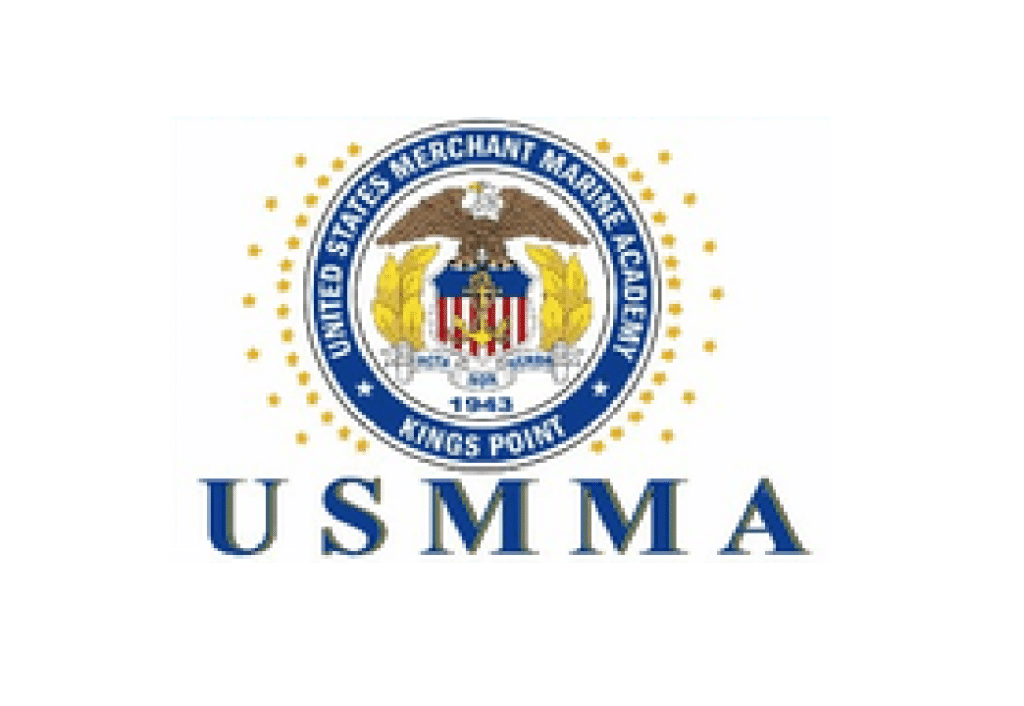
USMMA company logo

Noble Company Logo
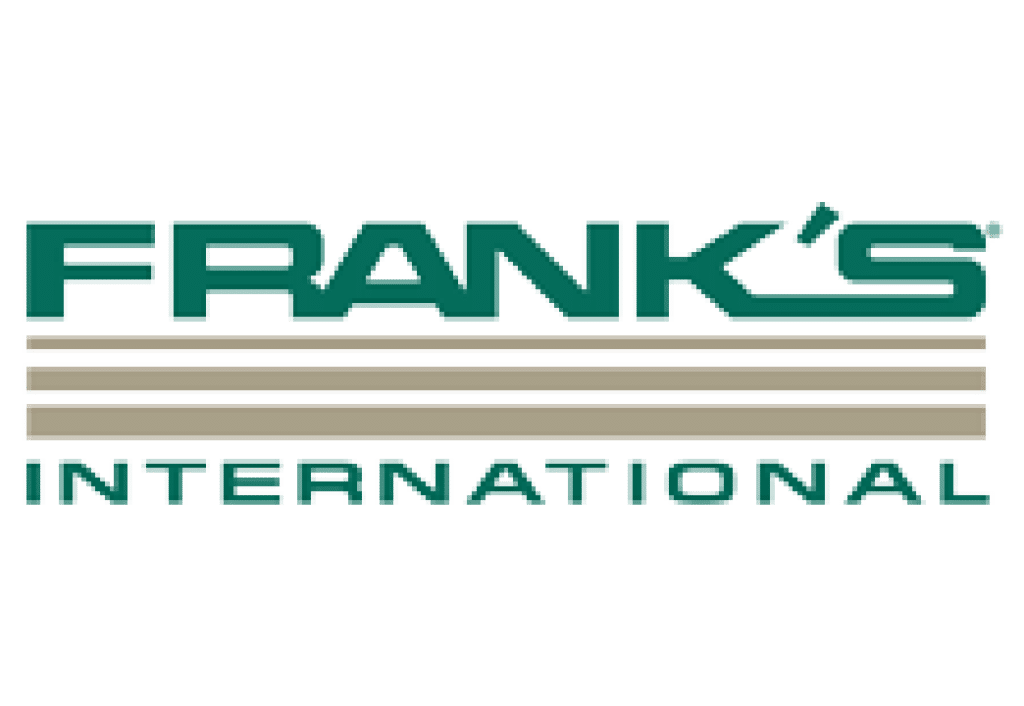
Frank’s International Company Logo

Puglisevich Company Logo
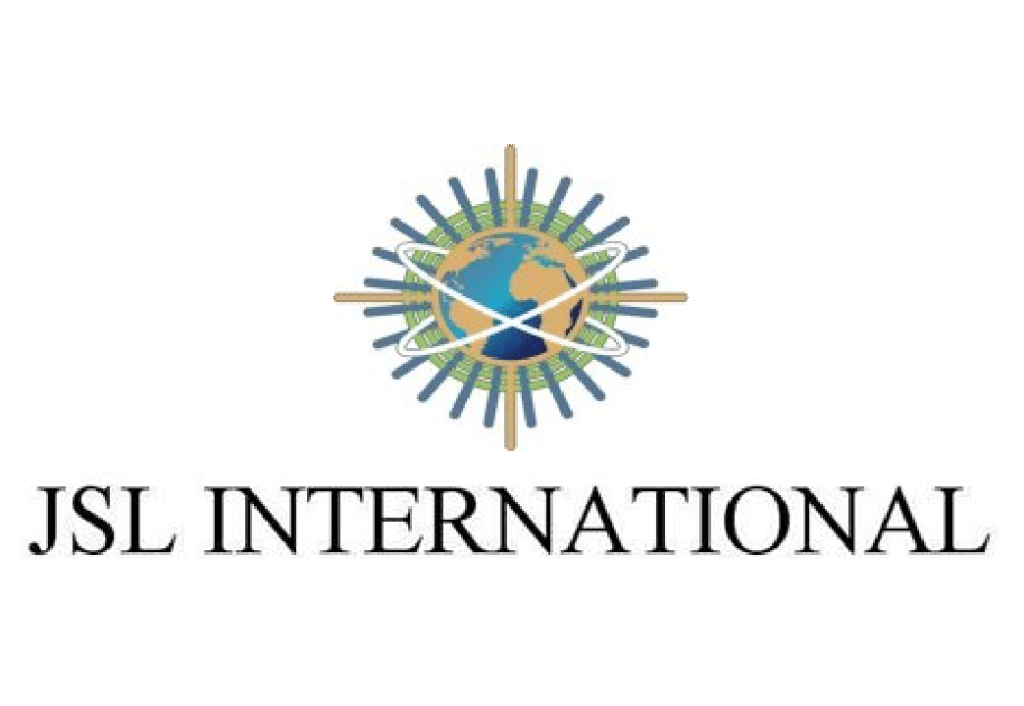
JSL International Company Logo

vantage company logo

Oceanwide company Logo

Oceaneering company Logo

Cameron Company Logo

Seadrill Company Logo

Mercy Ships logo

Baker Hughes Company Logo
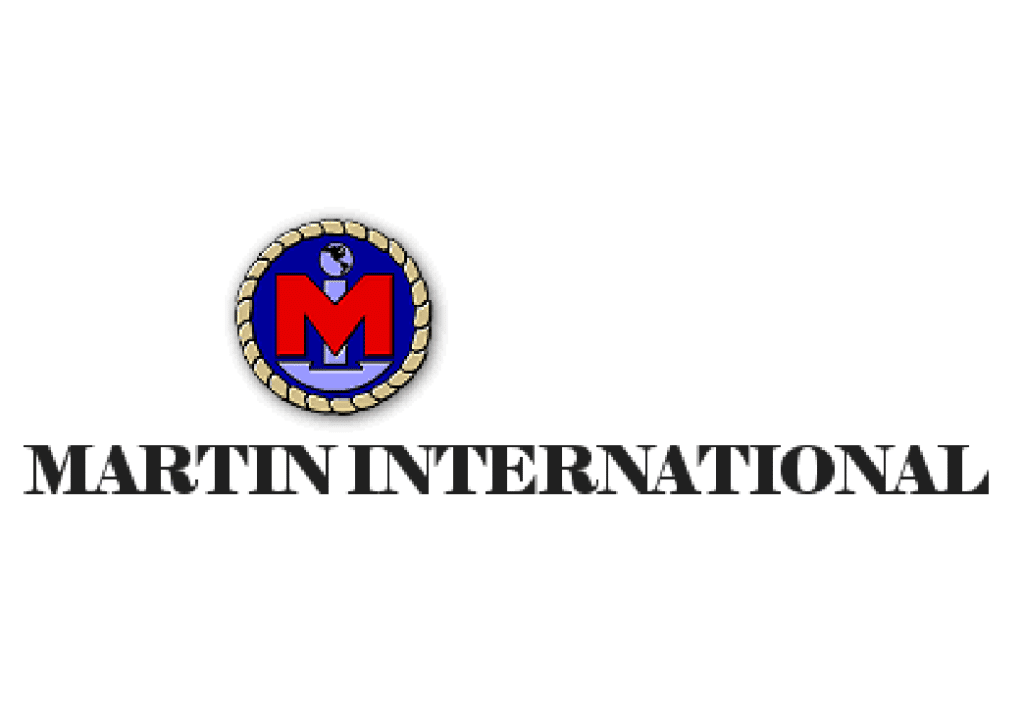
Martin International Company Logo

Halliburton Company Logo
